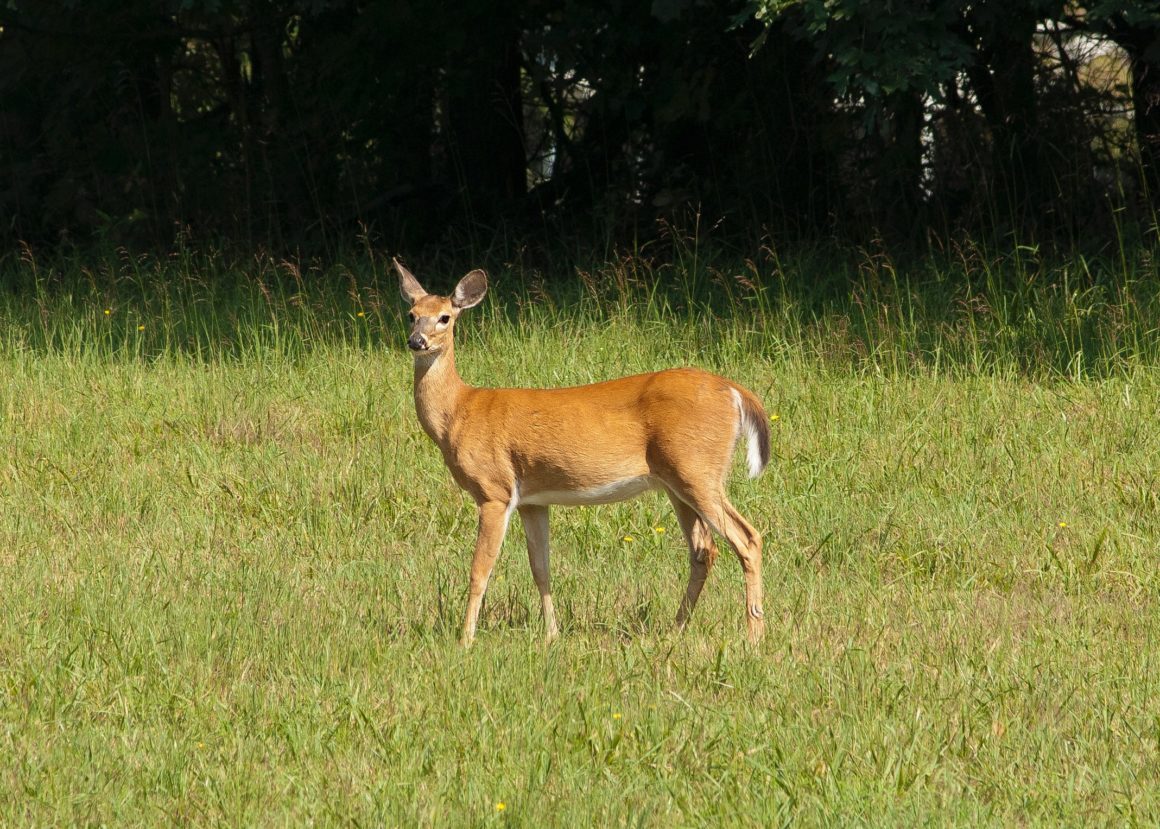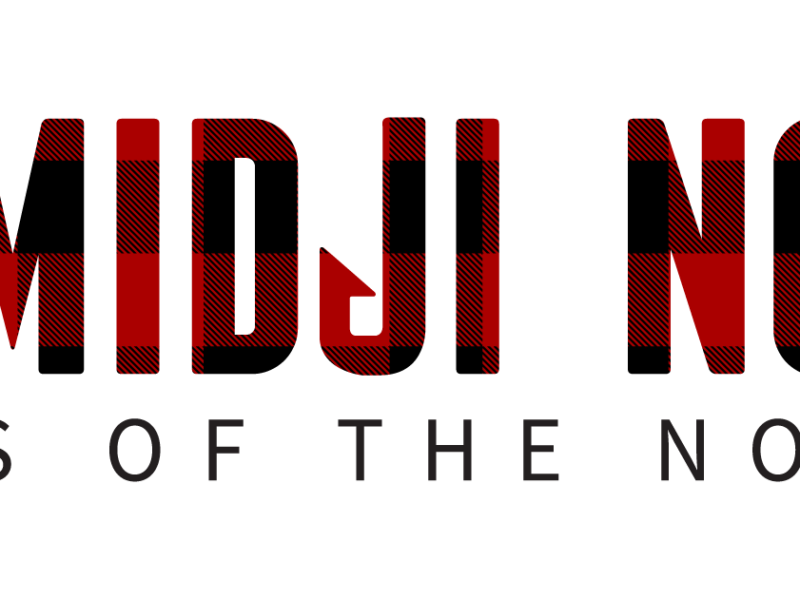The DNR says they are working with tribal nations to respond to the threat of chronic wasting disease.
The Leech Lake, Red Lake and White Earth bands have been conducting CWD testing for the past few deer hunting seasons and have not detected any CWD-positive deer.
Tanya Roerick, the Leech Lake Band of Ojibwe wildlife biologist, says “Deer are a culturally important species and a main source of meat for many tribal members.”
Due to the proximity of these tribal nations with CWD surveillance or management zones in this section of the state, these efforts are funded through federal grants from the U.S. Department of Agriculture and Fish & Wildlife Service.
This past deer hunting season, tribal biologists collected 298 total samples from deer submitted for sampling by Red Lake, Leech Lake, and White Earth tribal hunters.
“CWD surveillance is important to our tribal partners,” said Blane Klemek, DNR northwest region wildlife manager.
“They conduct their own sampling, engage their hunters and communicate their findings to the DNR wildlife health program.”
The Red Lake Band has been conducting CWD sampling of deer taken on tribal lands intermittently since 2007. Fond du Lac and Grand Portage tribes, as well as the 1854 Treaty Authority, also conduct testing on tribal lands in Minnesota.
For the past two years, Leech Lake Tribal College has assisted DNR staff at CWD sampling stations in the Bemidji area.
DNR sampling efforts in the surveillance area that includes deer permit areas in parts or all of Beltrami, Cass, Clearwater, Hubbard, Itasca and Koochiching counties resulted in two detections out of 1,472 deer tested for CWD. Two adult males, six miles apart, south of Bemidji tested positive for the disease.




